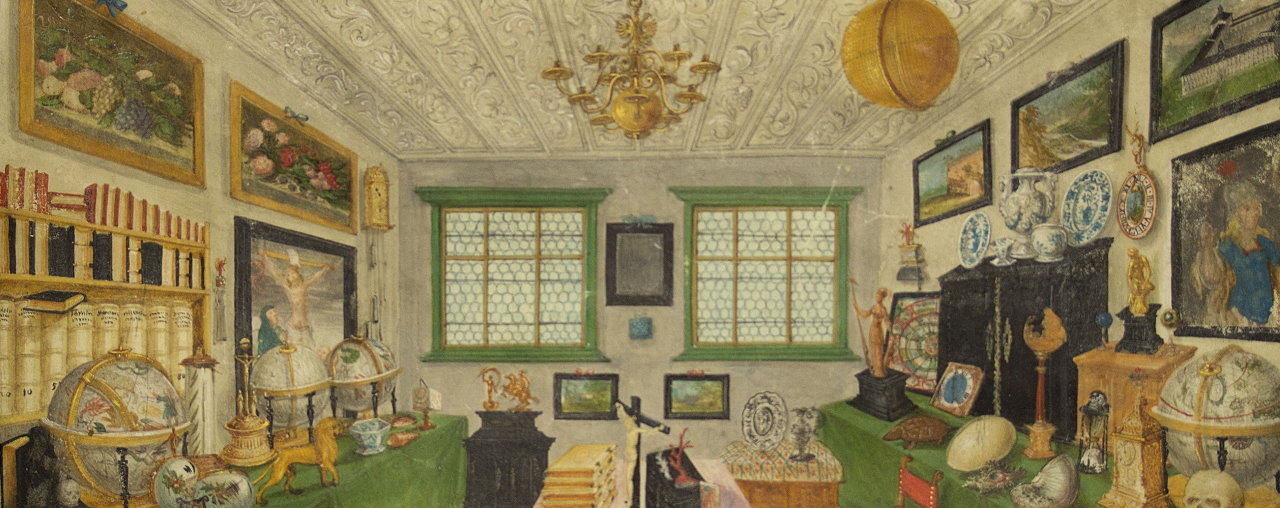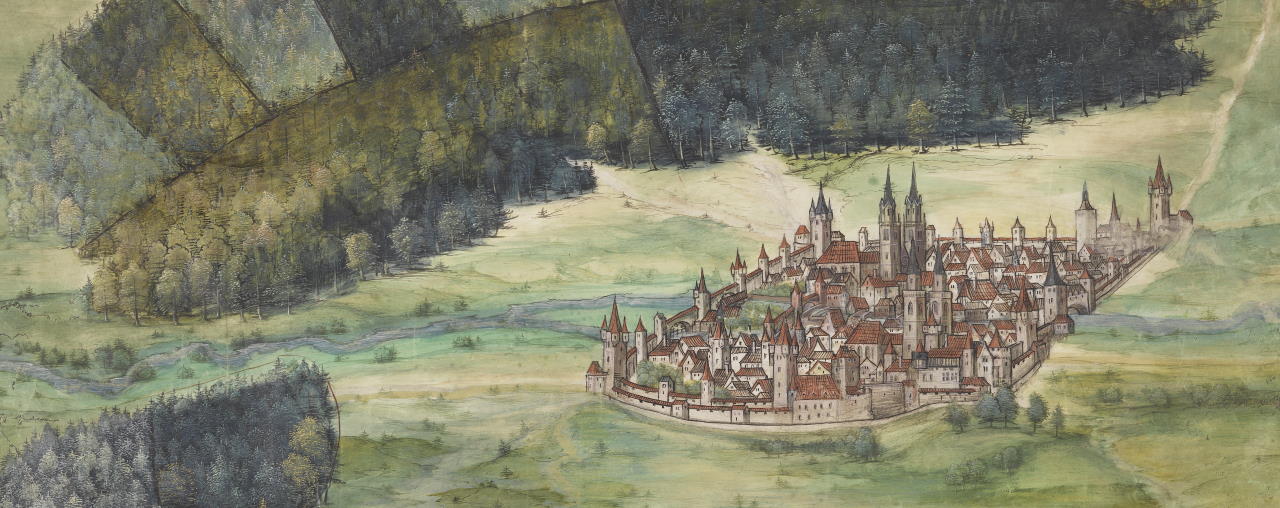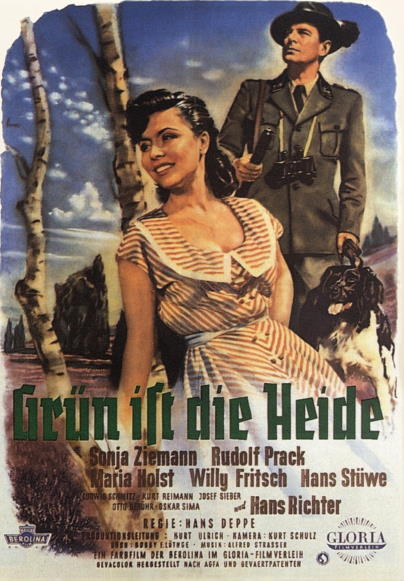The Project
German History Intersections is a source-based digital project that examines three broad topics – migration, knowledge and education, and Germanness – from 1500 to the present. By charting these topics across centuries, the project offers an alternative to traditional histories that focus on discrete historical periods.
The Topics

Migration
Drawing on the personal stories of individuals and the collective experiences of migrant groups, this module examines the movement of people across and within the shifting borders of Central Europe from the Early Modern period to the present.
Knowledge and Education
Education, ideas, and the history of knowledge are the focus of this module, which explores the construction, negotiation, circulation, and organization of various types of “expert” and popular knowledge in Germany over five centuries, from the Reformation to the Digital Age.
Germanness
This module describes the complex and ever-changing meaning of Germanness from the Holy Roman Empire to present-day Europe. One central theme is the intersection of Germanness with other markers of identity, such as gender, ethnicity, religion, and social class.I chose the 1951 film Grün ist die Heide because it uncannily shows how non-Jewish West Germans after 1945 continued to promote essentializing and exclusionary notions of Germanness. The film reinscribed National Socialism into a past in which only non-Jewish Germans were victimized and the Shoah was completely ignored. With its vivid colors and its sentimental music representing a “homeland” untouched by violence, Grün ist die Heide became the blueprint for the immensely successful Heimatfilme of the 1950s and early 1960s. The film’s influential soundtrack featured the “Riesengebirgslied,” which declared the mountains in the Polish-Czech borderlands as “German mountains.” The characters and the story celebrated authoritarian notions of social control and patriarchal gender relations as the path to postwar stability.
Martina Kessel, University of Bielefeld, member of the “Germanness” working group
